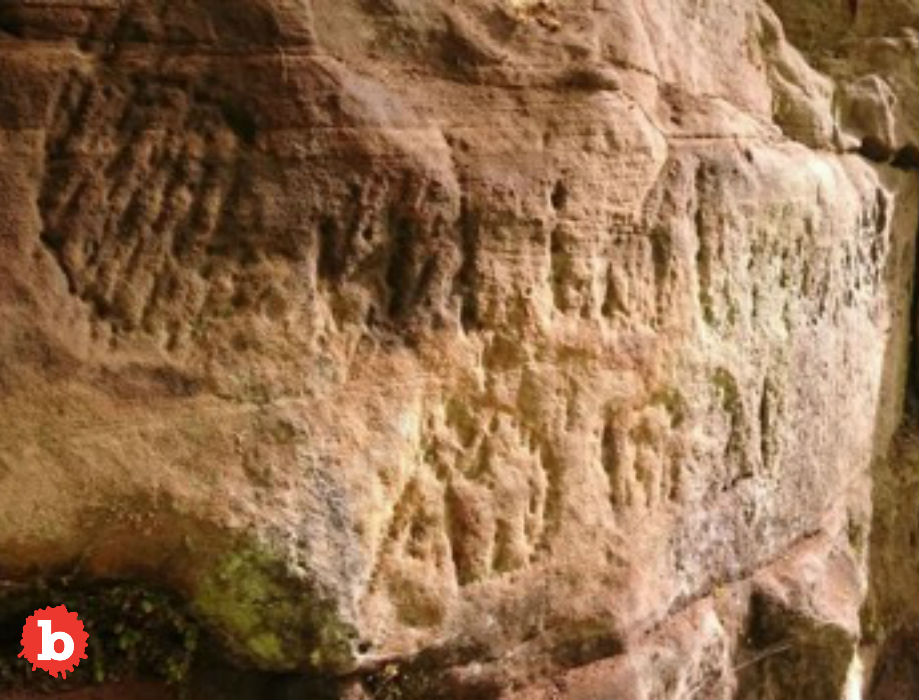
RESEARCHERS WORK TO SAVE ROMAN GRAFFITI IN ANCIENT CUMBRIAN QUARRY
So I grew up in New York City. So I was fully familiar with graffiti as art before I even got to middle school. There was even a group of tag artists in my neighborhood. So I got to see firsthand how serious these people were about it. But I had no idea that graffiti dates back to the Roman era! Archeologists just rediscovered Roman graffiti on an ancient Cumbrian quarry. No, seriously! Someone first uncovered them in the 1700’s at Gelt Woods. But vegetation quickly covered them again and they remained hidden until just recently.
Read More: Are Your Teens Really Ready for College?
NEWCASTLE UNIVERSITY ARCHEOLOGIST RUSH TO PRESERVE HISTORY FROM EROSION
The archeologists who rediscovered the stone tags are from Newcastle University. They’re working as carefully as they can to clean the incredibly soft sandstone so we can record the “written rock of Gelt” as erosion will soon destroy it forever. So what is this graffiti from the Roman era? It includes the words “Publius Aelius Hadrianus est hic,” which means, “Hadrian here.” Or, maybe, Hadrian was here. It makes me think of Shawshank Redemption. Clearly, making our mark has always been with us. But the words went with some carving which depicts a caricature of whoever the commanding officer of the quarry was at the time. But there’s also a phallus. No, it’s not like a high school wall doodle. It was a good luck symbol for the Romans. Go figure.
Related:
ROMANS USED CUMBRIAN QUARRY TO REPAIR HARDIAN’S WALL
But this quarry has some interesting history too, of course. Another carving talks about the consulate of Aper and Maximus which is dated to the year 207AD. That proves this quarry was used to rebuild and repair Hadrian’s Wall just three centuries after the birth of Christ. But it was the Romans who introduced the idea of carving inscriptions into stone to England itself. They used them as milestones, records of building as well as religious dedications. But bored Legionaries with too much time on their hands would also add their own touches to these inscriptions. Think doodles, cartoons and insults.
So maybe it was kind of like high school.





